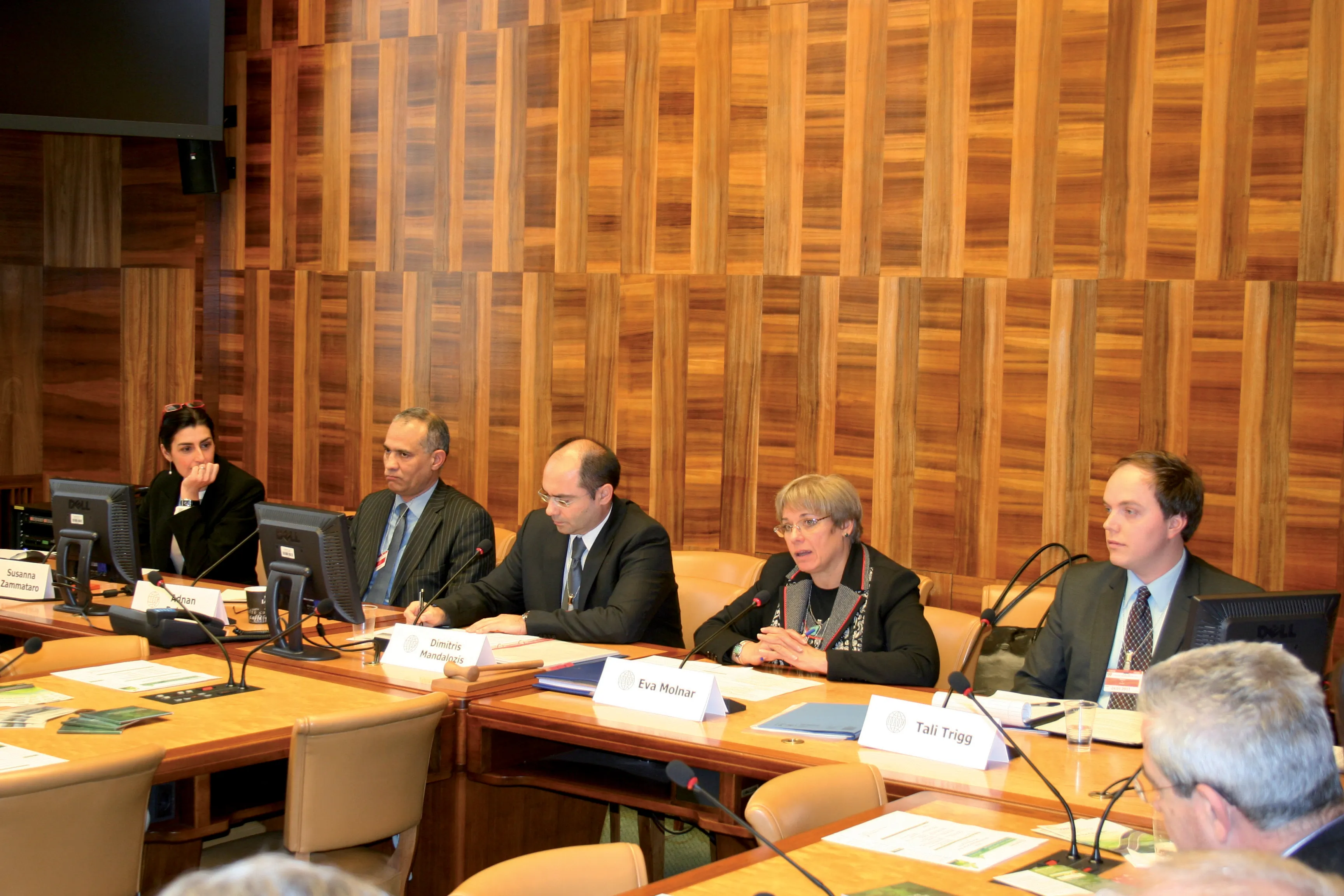While international diplomatic negotiations on how to tackle climate change are faltering, the International Road Federation (IRF) is taking action and leading the way to meet calls for greener transport systems
February 14, 2012
Read time: 2 mins

While international diplomatic negotiations on how to tackle climate change are faltering, the International Road Federation (IRF) is taking action and leading the way to meet calls for greener transport systems
TheAchieving sound environmental and sustainability outcomes has long been an integral part of IRF members' policy and practice. The new Policy Statement reinforces their resolve to be at the vanguard of efforts to further improve the environmental performance of the road sector.
Speaking in Washington DC, Sibylle Rupprecht, the Director General of
The Policy Statement is particularly timely in the light of growing recognition that economic development and transport are inextricably linked.
"In this respect roads may be viewed as the missing link in global development efforts. Indeed, it is being increasingly acknowledged that, without roads, and the access they bring to vital trade and services, the UN Millennium Goals simply cannot be attained," underscores Kiran Kapila, Chairman of IRF Geneva.
"Over the next decade, our sector has a crucial role to play at the forefront of efforts to ensure that industry responds responsibly and proactively to the new environmental and social challenges of our times."







